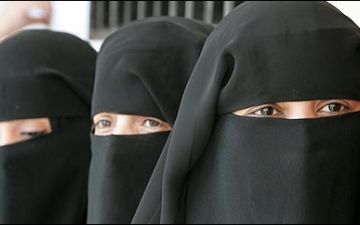Yemen: On the road
"You're much more likely to die in a traffic accident than get caught up in a terrorist attack," said a friend, who works here as a private security consultant.
If you've ever found your taxi driver hurtling the wrong way down a dual carriageway or seen little boys behind the wheel of their dad's car struggling to see over the dashboard, you'll know you're on the road in Yemen.
A recent article in the Yemen Times reported 43 deaths and 396 injuries in traffic accidents in a single week.
